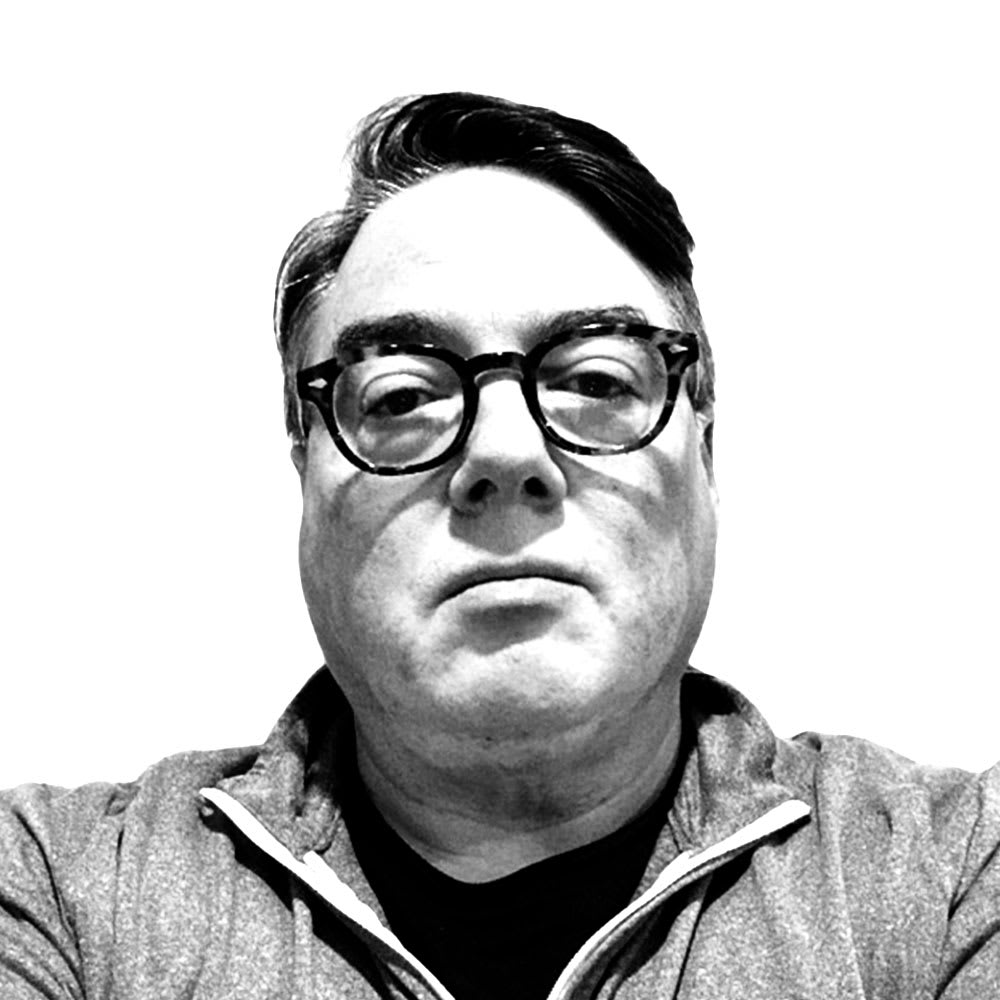The late historian and public intellectual Richard Hofstadter, who died in 1970, anticipated today’s age of anxiety. Looking to the developing body of psychology, he saw that there has always been an uniquely American anxiety.
The role of anxiety in American politics is a central theme of 1955’s The Age of Reform, which covered the tumultuous political period from the Populist Movement of the 1890s through the New Deal of the 1930s. The middle class, typically staid and not eager for tumultuous political activism. Hofstadter saw that it was status anxiety that spurred the resting middle class to action. The rise of the new class of wealth —- the so-called robber barons of Rockefellers, Carnegies and Mellons — and their power and political influence, coupled with the revolt from below and the rise of workers’ organizations and unions, pushed the educated middle class to embrace political reform as more than a tool, but a way of life. This reform, while benefiting many through widespread reforms, also locked the middle class into the political driver’s seat for decades—a development that had an enormous impact on American politics.
In 1964, in an age where the anxieties that Hofstadter had looked back on had returned to the center of the American conversation, he published The Paranoid Style in American Politics, a seminal look at how demagogues could channel those middle-class anxieties. It was a warning about the damaged unchecked forces could do, that’s more than a warning now: We are living in the world he warned us about, in which technology-aided anxiety and paranoia are woven into our political landscape. Instead of capitalizing on the anxieties that are already there, new entrepreneurs of fear are more able than ever to actually create new ones to sell against as conspiracy theories abound.
The huge mindfulness industry is at least as much of a way of monetizing that anxiety as it is a way of mitigating it. We are stressed about the upcoming presidential election, stressed about the economy, stressed about a possible war, stressed that the president just might do something that puts those we love in harm's way. We are stressed about being stressed.
As Greg Lukianoff and Jonathan Haidt’s The Coddling of the American Mind shows, this stress has had a negative impact on the current generation of college students and higher education in general. Stress and anxiety, they argue is destroying our democracy.Some have argued that this stress is either caused by or exasperated by Facebook or Twitter, so there has been a movement to dump those platforms. Of course, the articles about that movement are read and circulated on Facebook and Twitter.
We might be looking at stress, and I mean political stress mainly, the wrong way. Stress, at least long-term stress as we know, has great negative health outcomes. It leads to chronic inflammation, high blood pressure, autoimmune disorders, and flare-ups, and insomnia and eating disorders. In short, stress gets us sick and shortens our life.
If we think about political stress as a public health crisis, the question becomes how might we solve it? Lukianoff and Haidt argue that what we need is mass cognitive behavioral therapy. Maybe, but that is unlikely. Rather, what we need is an old fashioned reality check, of the sort that Hofstadter sketches in the Age of Reform.
Democracy is hard work. It requires institutions that are strong and trusted. Right now, confidence in the government, the media, the banks and the universities are all at or near all-time lows. In fact, the only institutions that most Americans retain trust in is armed force — the police and the military.
This is bad news, of course, but it comes with a silver lining: That we are poised for a new age of reform as citizens realize that the institutions our democracy and our nation depend on are in disrepair, and that we have an urgent need and opportunity now to fix them before the walls comes down.





